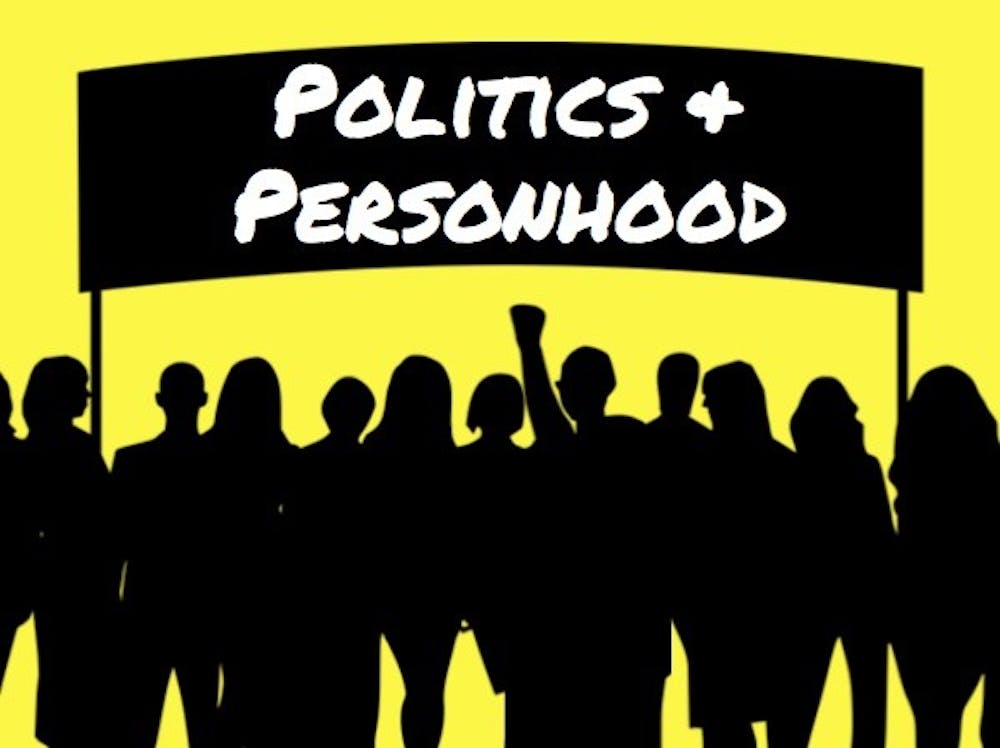Editor’s Note: The views and opinions expressed in this article do not reflect those of The Collegian.
As if the years of slaughter followed by decades of cultural genocide weren’t enough, the United States government has once again attacked Native American land. Recently, the U.S. announced that the Mashpee Wampanoag tribe would be disestablished and their land taken. The tribe has inhabited that land for more than 12,000 years.
The U.S. has never treated Native Americans with respect. Despite recognizing Native tribes as a sovereign nation, the U.S. continues to reign over and profit from Native Americans. This land-stealing is nothing new.
The U.S. has always treated Native Americans unjustly, with actions such as making treaties and then breaking them, recognizing tribes only to terminate them later and repeatedly choosing capitalist interests over the sacred land of Native Americans. The one thing it has not done is given Native Americans freedom.
The Dawes Act gave the government power to allocate Native land into reservations in 1887. Later, it forced Native Americans into boarding schools that sought to “kill the Indian, save the man” by forcing young Native Americans to assimilate into white culture. Children were ripped from their own cultures and whitewashed to supposedly turn them into civilized people. Even today, laws pertaining to reservations are complex. The federal government has given itself jurisdiction over reservations, but almost always fails to do its job.
Poverty rates on reservations are the highest in the country, mostly due to the economic restrictions put in place by the government. The U.S. has set up enough traps to ensure that Native Americans are given as little opportunity as possible to be financially independent. When it comes to crimes on reservations, most go unprosecuted despite the rate of violent crimes being extremely high. Little has been done to change this pattern.
In 2009, Congress published an apology to Native Americans, claiming to own up to the U.S.’s faults in dealing with Native tribes. The apology was, of course, completely bogus. Words do not mean anything if they are not backed up by action, and not only have the effects of the U.S.’s subpar treatment of Native Americans not been remedied, but the U.S. constantly uses new excuses to hurt them more.
Politicians in the U.S. are quick to applaud their progressive and supposedly equal relationship with Native Americans and have taken actions, like the apology, to prove it. However, we would be blind to accept that anything has changed.
Laws surrounding Native nations are complex but almost always designed to benefit the federal government.
Any opportunity it gets, the U.S. interferes with Native American land. The most well-known and highly protested case in recent years was the Dakota Access Pipeline. In 2014, Energy Transfer Partners was in the process of constructing a massive oil pipeline that would travel across four states, cutting through indigenous land.
Many Sioux tribes were against the pipeline, with the Standing Rock Sioux tribe arguing that the pipeline would not only be environmentally harmful but also destroy sites where its ancestors are buried. A federal appeals court ignored the tribe’s pleas and ruled in favor of the Energy Transfer Partners, which completed construction of the pipeline in 2017.
The Dakota Access Pipeline is one of the few instances regarding injustice against Native Americans that has gotten widespread attention. Otherwise, there’s little focus from politicians and very little media attention. However, any act that might give the illusion of progress is paraded around, such as the dairy company Land O’ Lakes removing the offensive imagery of a Native woman from its butter’s logo. There have been countless headlines regarding the company’s decision. Land being wrongfully taken, though, has barely gotten any whispers.
Enjoy what you're reading?
Signup for our newsletter
What is the purpose of applauding superficial gestures and meaningless words from politicians when unjust acts against Native Americans continue? The U.S. has done an excellent job of covering up its crimes, relentless and violent for centuries and still today.
But enough is enough. The Mashpee Wampanoag tribe deserves the right to its own land. And every other Native American who has lost land, culture or economic opportunity at the hands of the U.S. deserves justice, too.
Contact columnist Reda Ansar at reda.ansar@richmond.edu.
Support independent student media
You can make a tax-deductible donation by clicking the button below, which takes you to our secure PayPal account. The page is set up to receive contributions in whatever amount you designate. We look forward to using the money we raise to further our mission of providing honest and accurate information to students, faculty, staff, alumni and others in the general public.
Donate Now



